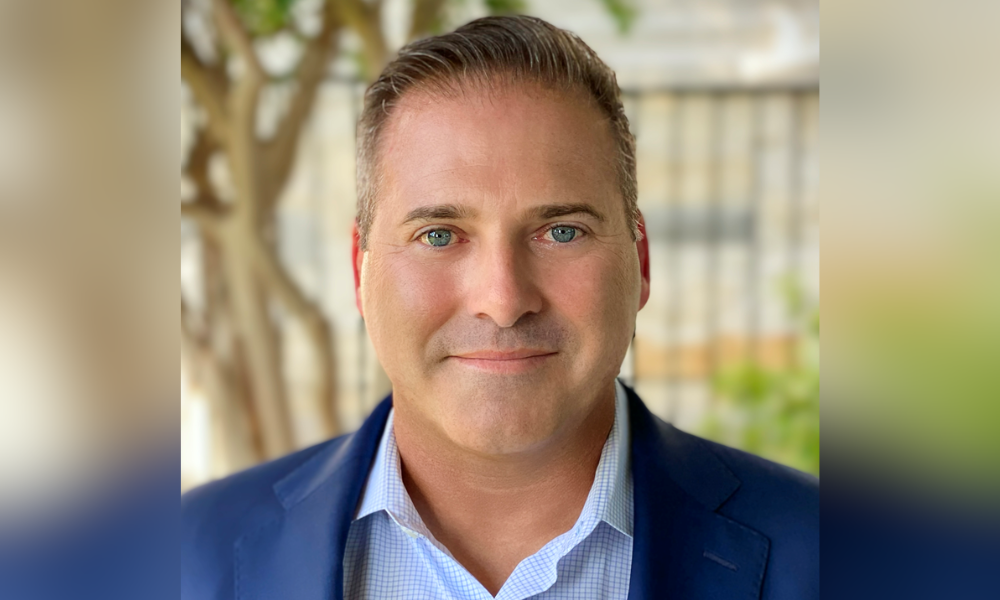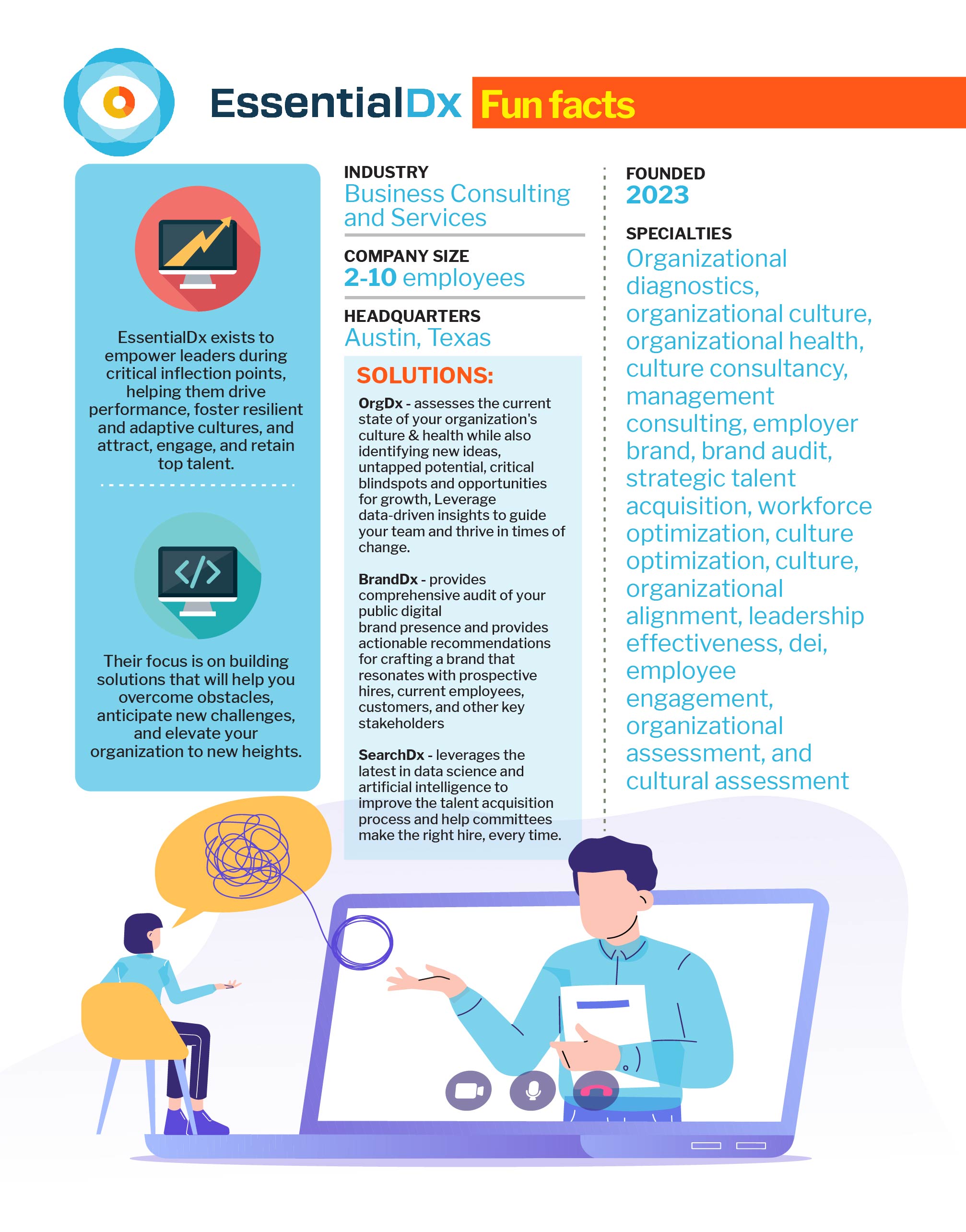
From AI to ChatGPT, how is the landscape of HR changing for the future of work?

"AI is fundamentally going to change every aspect of our lives, including work," Henry Nothhaft tells HRD.
And, as head of emerging people at tech disruptor EssentialDx, he should know.
Nothhaft has witnessed the slow but inevitable integration of AI into enterprise operations. And while he acknowledges the complexity and sophistication of AI, which he believes is not yet fully understood by non-technical individuals, a gap in comprehension could hinder the rapid adoption of the tech.
“Broad scale tops-down adoption and implementation in the enterprise is going to be a long and slow process,” Nothhaft tells HRD. “However, AI tools available for free or modest subscription fees to workers, are spreading like wildfire - and they do offer a way to make their work easier. It’s a bit like having a highly capable assistant, depending on what your job is. And so, inevitably, people are going to want to use these and I think we should encourage them to do that.
“The key is really to be very open about it – we don’t want people secretly using ChatGPT in a dark corner and passing that work off as their own.”
For Nothhaft, he believes this is where the C-suite comes in. Leaders should be talking about AI openly in order to have real policies and plans in place.
“It’s about providing some autonomy here – because after all the sales team will be different to the accounting team who’ll be different to the HR team and the marketing team. The uses of AI are going to vary from department to department. We need to empower our teams to begin experimentation - but again, we want to be very transparent about that.”
And it seems Nothhaft’s concerns around transparency are felt by other industry leaders. A report from CNBC found that employees are secretly using AI at work – something which could lead to risks for their organizations. Nothhaft suggests that companies form an ongoing task force or steering committee to help feedback and findings on AI to the leadership teams.
“There’s also concerns around intellectual property,” he says. “A lot of the licenses on these things are sketchy - and so putting corporate secrets or confidential information in into these systems could be pretty perilous. We've seen quite a few data leaks from some of these AI engines where people's private documents they’d submitted are being exposed to other users. That’s certainly something companies need to be concerned with.”

Another topic top of mind for HR leaders rushing into 2024 is the trend of flexibility – especially in remote and hybrid models. Contrasting his views with those of many large company CEOs, Nothhaft cites a KPMG study indicating a belief among these leaders that a full return to traditional office hours is imminent.
However, he disagrees - pointing to the steady state of office occupancies and the persistence of remote work models.
"Flexible work is the future, and the future is here now," Nothhaft says. “What's interesting about that is percentages of large company CEOs completely disagree with me. They believe that we will be fully back to nine to five you know, within two years from now. So I think there's a huge disconnect - and I firmly believe that I'm on the right side of this argument. There's been ongoing waves of these heavy handed mandates that say you’re going to return to the office or you're going to lose your job but workers are holding their ground.”
According to research from Forbes, 65% of employees want to work remotely all the time. What’s more, data from LinkedIn found that a staggering one third of workers would quit their job if they we told to return to the office full-time.
And the implications of this shift are profound, particularly for HR and company culture. Nothhaft argues that the transition to hybrid and remote work necessitates a complete overhaul of HR practices, especially in areas like onboarding, training, mentorship, and career development.
“I think whether we've realized that a significant workplace transformation akin to that of digital transformation is going to have to take place broadly across all industries,” adds Nothhaft. “HR is about to become even more strategic than it has been - even through the pandemic and the ensuing years of trying to figure out all this chaos. It's a big moment.”